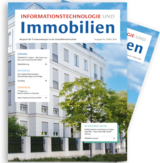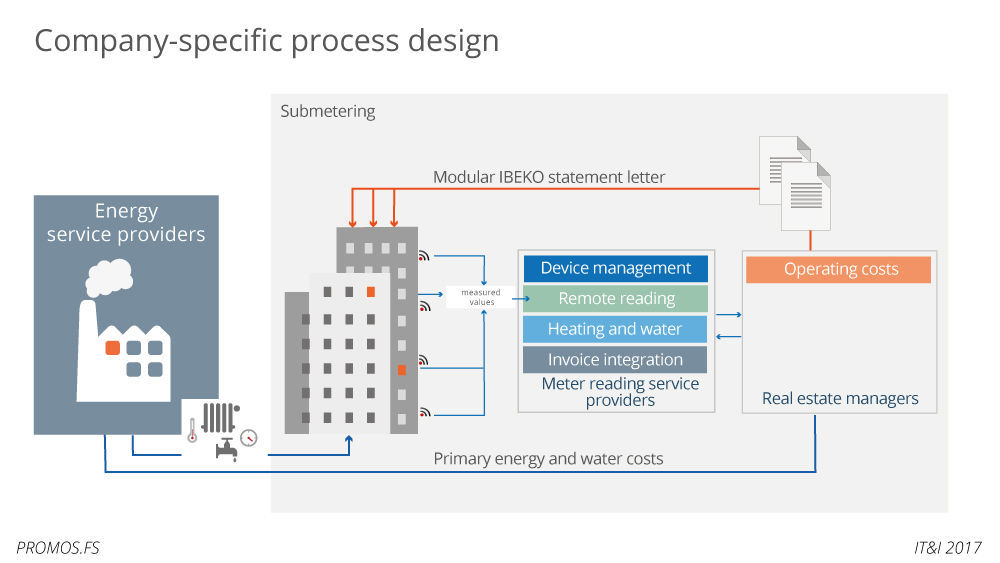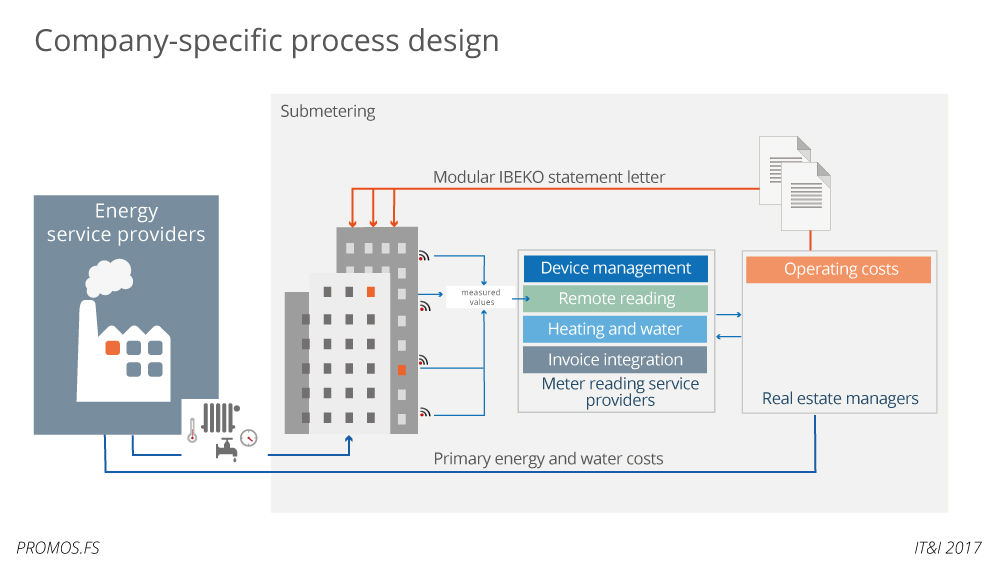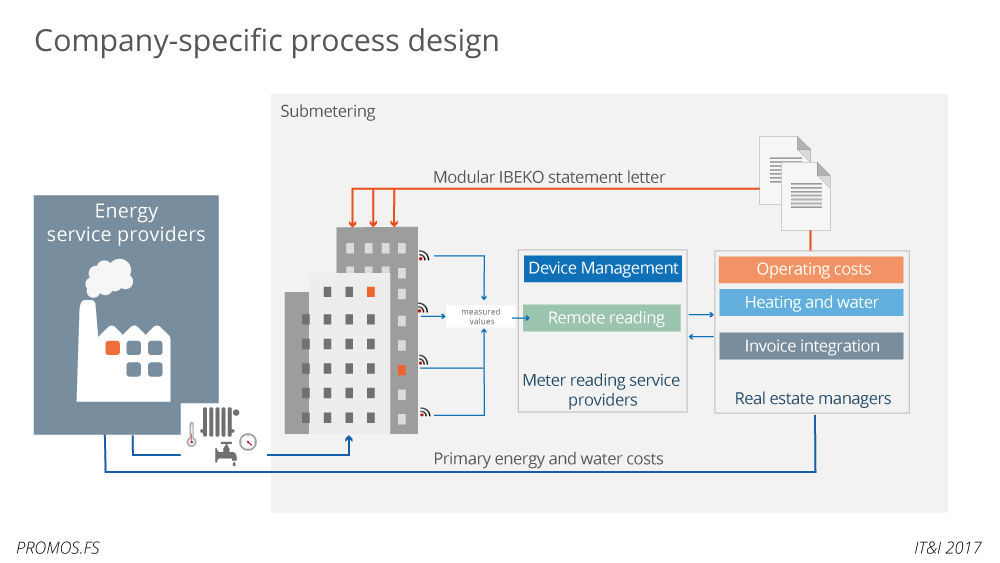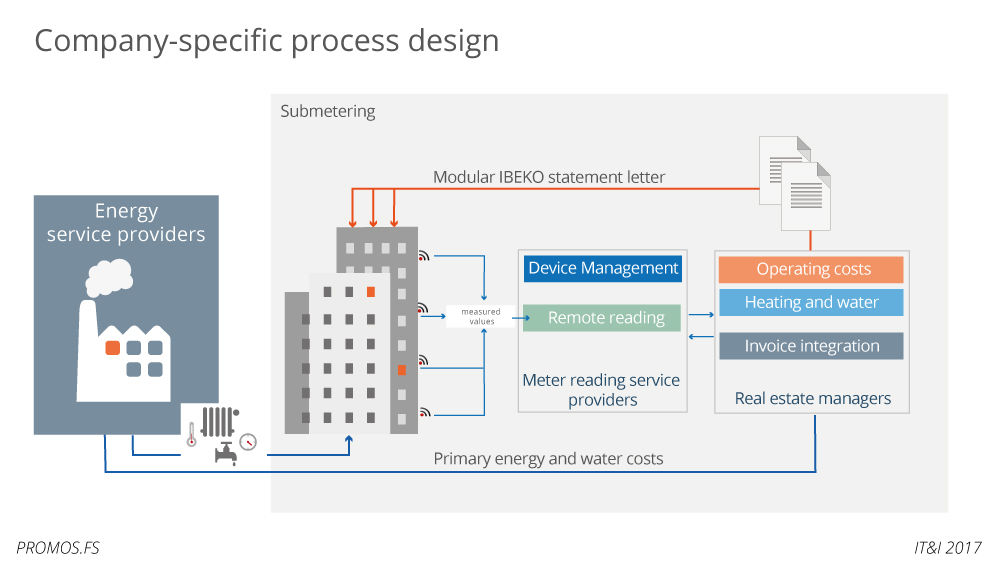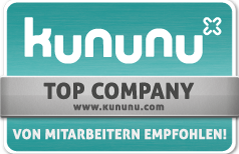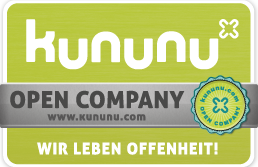A paradigm shift in heating cost statements
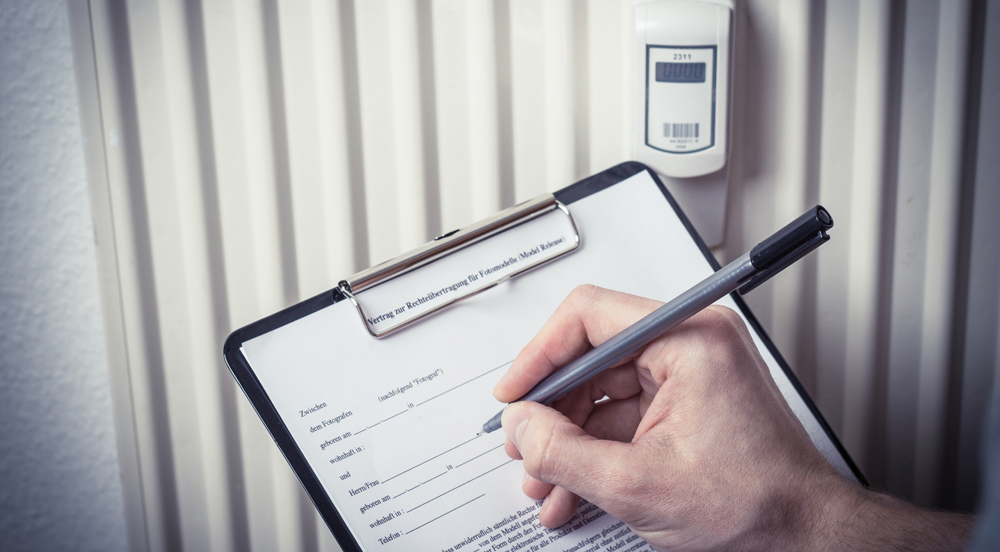
Science and settlement
In science, a paradigm refers to a more-or-less coherent bundle of concepts, including theoretical guidelines, postulates and methods, shared by many scientists that endures beyond longer historical periods in the development of a scientific field.1 Replacing one paradigm with another thus constitutes a paradigm shift. It would probably sound a little pompous to speak of the consumption-based invoicing of heating and water costs as scientific guiding principles that have endured beyond historic periods, so here we tend to use the terms method or process flow. Thus, when it comes to heating cost statements, we understand the term paradigm shift to refer to changes to basic procedures in the process flows for consumption-based utility statements, or – to be more precise – the settlement of consumption-based utility costs calculated on the basis of measured consumption values.
The meter reading paradigm
Although there have been clear developments in consumption-based utility statements, particularly in the area of measurement technology and obtaining measured values, the annual collection of consumption values takes place in the same form as it did in the last century. This process is still known as the “main reading”.
At the end of the settlement period, heating meter reading companies determine the measured values from heat cost allocators, heating meters or water meters. A high percentage of the measuring devices can now be read remotely. These devices are read remotely without the need to enter the apartments. This is certainly beneficial for the tenants, who no longer need to be present for the meter reading, but does not solve the problem of device failures or faults being discovered too late, leaving property managers with no course of action.
This is where the first paradigm shift is emerging.
More and more property managers are using ongoing remote meter reading, which continuously takes and analyses measurements throughout the year. The main effect of these analyses is that device failures or faults are detected immediately and resolved, which means that estimations of individual measuring devices or, in the event that gateways or other radio components fail, entire properties, can be avoided or at least reduced to a minimum.
Fortunately, we are aware of at least one major heating meter reading company that does not partition off the data as is usually the case (“the housing sector has no use for the data anyway”) and provides customers with the entire pool of read data every six months. Customers thus have the option to create reports based on the analysis levels of their own ERP systems, which are not known by the heating meter reading company’s system.
The device paradigm
The measuring devices that are commonly used are proprietary measuring devices, for which only the heating meter reading company can perform end-to-end processing of the measured values up until settlement. It is therefore not possible to change billing service providers until the contractual period of use of the devices has ended (ten years for heat cost allocators and five years for water meters), or at the very least, this would involve major obstacles. There are no open standards for device communication, which means property managers are not free to choose a service provider.
However, there have also been new developments in measurement technology, bringing about a paradigm shift. New measuring devices that are available at standard trade prices, such as heat cost allocators, water meters, heating meters and, soon, smoke alarms, as well as their communication with data collectors is based on the OMS standard (see www.oms-group.org).
The OMS (Open Metering System) standard is the only Europe-wide system definition that integrates the acquired consumption values for all media (e.g. electricity, gas, heating and water) including submetering in one system. Here, submetering refers to the collection of consumption data for heating and water cost settlement. Consumption values from devices that communicate via the OMS standard can thus be processed in the settlement systems of all companies that have opened themselves up to this standard.
Provider and product portfolio
These two paradigm shifts, namely the property managers consistently turning to remote reading of measuring devices and the availability and prevalence of open device standards, will result in considerable changes and regulations among providers and product portfolios.
Use of the OMS standard means that device procurement and installation, device management, device gateway operation and settlement can be implemented with different partners. The resulting competition provides major benefits for property managers when it comes to procurement and contract design.
In many buildings, infrastructures are already being developed for remote device reading of all media (electricity, gas, water, heating) using an identical communication channel. The data gained in this way then serves not only as an invoicing basis for primary energy and water costs (metering) for the building, but also a basis for consumption-based invoices for the individual tenants (submetering).
In the area of submetering, in particular, initial efforts are already underway to redesign the invoicing process. These efforts concentrate primarily on largely automated invoicing. As the measured consumption values are always available, it is possible to perform continuous plausibility checks and respond immediately in the event of a fault. In most invoicing cases, the annual tenant/property and relevant costs for invoicing are then available, which allows a cloud-based “invoice at the press of a button” solution. Property managers can perform this type of invoicing independently, if this is strategically advantageous. Or they can use an external service provider to take on this task and additionally ensure that the invoicing results are integrated into the ERP system. In the future, such service providers who allow property managers to design the process individually and support them where they feel it is necessary will be needed. Figures 1 and 2 show two process alternatives in the form of schematic drawings.
PROMOS.FS Facility Services GmbH, the service subsidiary in the PROMOS group, has already been gaining experience with invoicing integration based on the standard formats of the Cooperative for Heat and Water Costs Distribution (Arbeitsgemeinschaft Heiz- und Wasserkostenverteilung e.V.) (Bonn) since 2003 and, in 2017, will provide the invoicing procedure described above as an option for its customers.
Unlike today, as a result of standardised measurement technology, in the future, property managers will more frequently arrange their business relationships so that they can change invoicing partner(s) when necessary, or even take care of some invoicing themselves after a learning phase.
As other industries have already shown, open standards and interfaces result in an increase in providers, but equally to regulation of these providers, and thus also to a change in the market. The extent to which property managers value independence combined with process and cost transparency is resulting in new invoicing methods and service providers whose goal is to achieve customer loyalty through flexibility and cost/process efficiency rather than device lifetimes.
New value creation chains are opening up for property managers and, in particular, the managers of ownership complexes; for example, in which they perform the invoicing themselves but use specialist companies for device management.
Consulting and software expertise
To the same extent that interest is growing among property managers to use new methods for utility cost statements, ERP providers need to support this with consulting offers and software solutions. The PROMOS Group has consulting expertise in all matters relating to consumption-based invoicing, be it selecting the right invoicing partner or assistance en route to independent invoicing. When it comes to software solutions, the PROMOS Group believes that openness is the top priority. For instance, PROMOS.GT provides software components for integrating invoicing into SAP® and creating the modular operating costs statement letter. easysquare workflow allows simple and intelligent control of the processes in SAP®. The easysquare craftsmen portal allows efficient handling of the installation and maintenance processes for measurement devices, if required.
Outlook
What else will the future bring? Mass markets with cost-effective components are developing under the keyword “Internet of Things” (IoT), that is the interaction of IP-based devices. The basic technologies for meters, such as WLAN and Bluetooth standards, which are suitable for applications with long-life batteries (known as low-power technologies) are currently in development and will have an impact on the upcoming generations of measurement devices, as well as opening up new technological possibilities.
-
Asendorpf,
Jens (2009): Persönlichkeitspsychologie. Springer Verlag. Heidelberg.
Author:

Reinhard Mengel
Managing Director
PROMOS.FS Facility Services GmbH
Other articles by this author:
- Article "Heating costs statement with PROMOS.FS – what will the future bring?"
- Article "Nobody home? No problem! Monthly billing of consumption with remote meter reading"
- Article "Output management with PROMOS.FS – dramatic reduction in workload for large and small real estate managers"
- Article "A paradigm shift in heating cost statements"
- Article "Independent invoicing of heating and water costs – what business processes are involved?"
- Article "Your trump card – consumption-based utility statements based on plausibility-checked consumption values"
